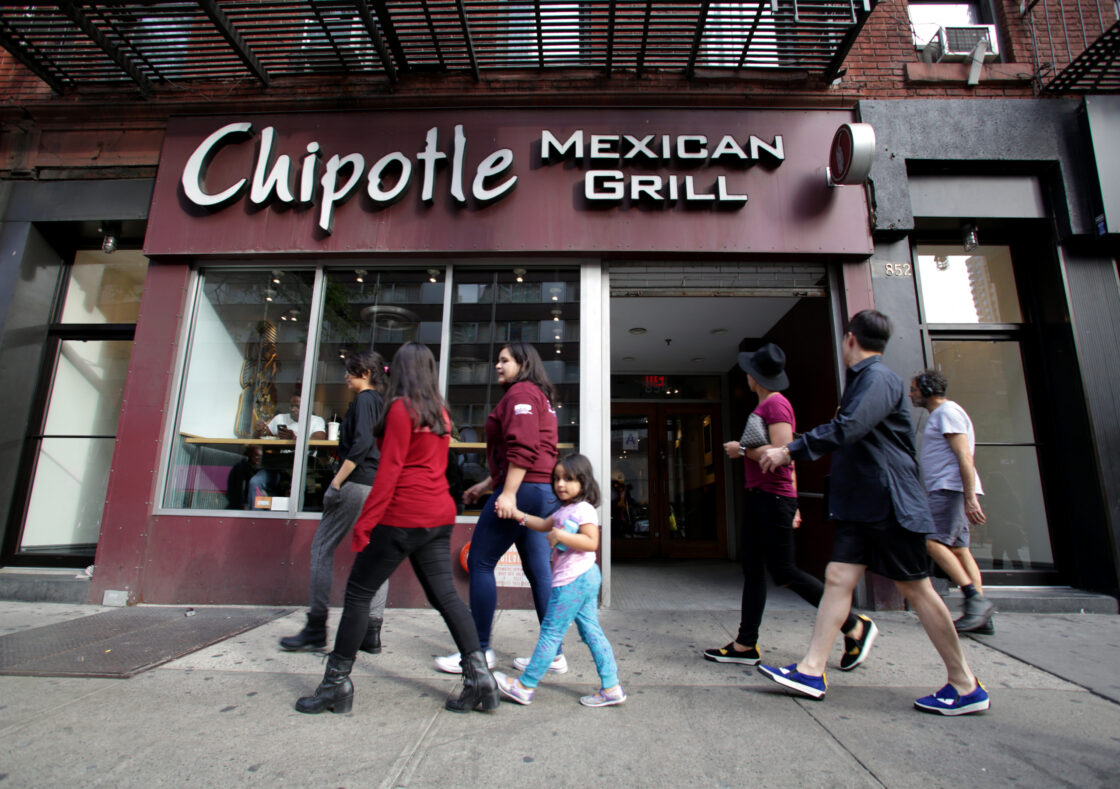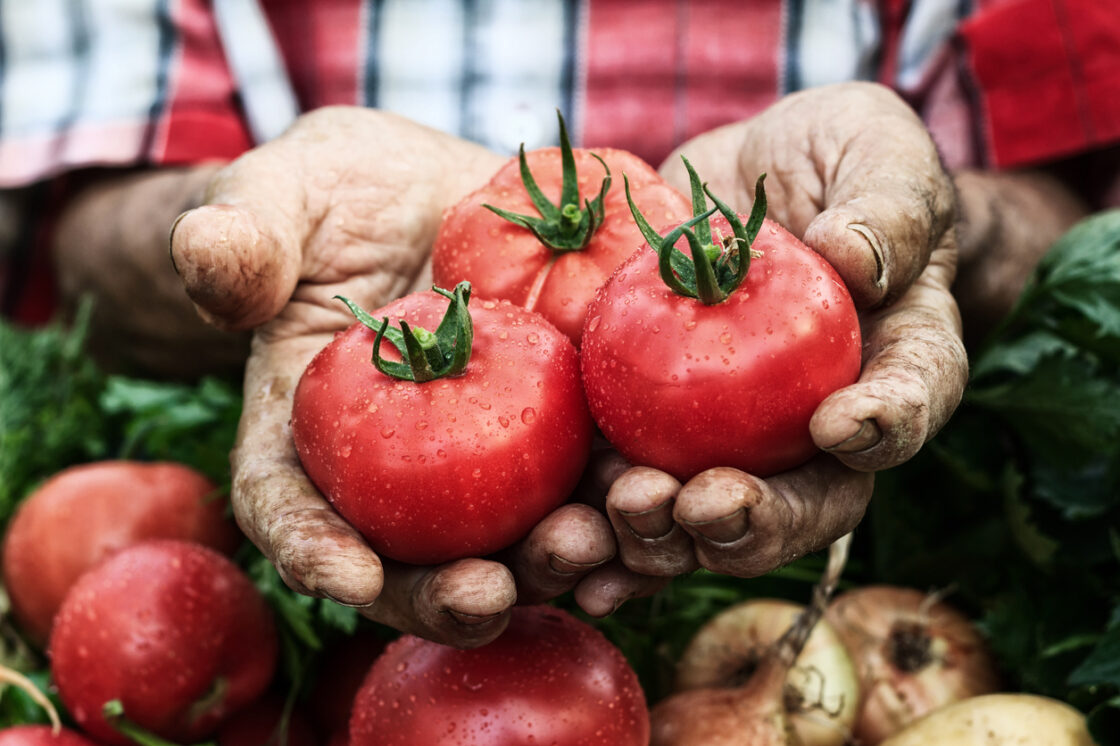The Top 25 Food Stories of 2016

If 2016 were to embody any cliché, particularly when it comes to the year’s food stories, it would be Dickens’ classic line: “It was the best of times, it was the worst of times.”
There were major victories, like cage-free eggs becoming the norm, and the passing of soda taxes in major U.S. cities; and there were major defeats, like the continued threat against bees, or GMO-free Cheerios tainted with the herbicide glyphosate.
Now, as the year winds itself to a close, we take a look back at some of the best and worst food stories of the year. Do you remember these?
Top 25 Food Stories of 2016

- Martha Stewart and Snoop Dogg launched a cooking show: It’s cute, quirky, informative, and just the right level of distraction to remind us everything’s gonna be alright, delicious, and fun, eventually.
- Organic Valley becomes world’s first billion-dollar organic food company and it also became the largest grass-fed dairy producer in the U.S. The dairy cooperative is redefining the organic industry one small, organic, family-operated farm at a time.
- Strawberries top EWG’s 2016 ‘Dirty Dozen’, apples drop to second place: Apples had topped the list for five years in a row. So, good news for apple lovers. Not so good news for strawberry fans, though.
- Promise of genetically-modified organisms not living up to expectations: A detailed investigation published by The New York Times rattled the biotech food industry by revealing data which showed that the technology that had long promised to deliver increased yields and decreased use of agrochemicals, has failed to live up to its promises.
- Sugar industry pointed blame at fat for decades: A revealing report detailed intentional and vituperative diversions away from sugar and onto fat as the culprit for numerous chronic health issues, in a move spearheaded by the sugar industry. It led to a decades-long unhealthy absence of important fats in the American diet and increased sugar consumption.

- Walmart launches ugly apples: Walmart sends an important message to its consumers and the food industry about reducing food waste when it began selling “ugly” produce in its stores. These items may have superficial imperfections that would normally keep them from appearing on market shelves.
- Supermarkets went futuristic: Whether it was the Los Angeles launch of 365 by Whole Foods Market or the recent Seattle opening of Amazon Go, supermarkets seem to be heading into the future faster than the rest of us.
- Hampton Creek Foods, best known for its eggless Just Mayo mayonnaise product, made headlines after it was revealed that the company bought its own products off the shelf in order to artificially inflate sales numbers while fundraising. The FTC is now investigating.
- White Wave Danone merger: While this merger may not go through as planned, Danone and White Wave agreeing to merge would make it the dominant parent company in organic yogurt, among other leading food categories.
- Justin’s sold to Hormel Foods: Everyone’s favorite organic peanut butter cups made the news when Hormel—the maker of Spam and other processed meat products– bought Justin’s for $286 million.

- Chipotle customers leery of returning: As it tried to recover from a string of foodborne outbreaks in 2015, customers were still divided on whether or not they would return to eating at the popular fast-casual chain.
- The National Organic Standards Board agreed to recommend the removal of carrageenan from the list of nonorganic ingredients approved for use in organic food (when there’s no viable organic alternative). The seaweed-derived ingredient has been linked to digestive distress as well as some types of cancer.
- FDA to overhaul the definition of healthy: While “natural” is still fair game for use in marketing, without supporting the claim, “healthy” will be getting FDA-approved parameters to help consumers make better food decisions. FDA also approved a new nutrition panel that highlights added sugar content.
- Bees still suffering: Whether it was more data showing a strong correlation between neonic pesticides and bee health, the classification of seven Hawaiian bees as endangered, or the reveal that some U.S. honey contains twice the legal EU limit of glyphosate—the active ingredient in Monsanto’s Roundup weedkiller—bees could have had a better 2016.
- Nondairy milk sales skyrocket: Sales for nondairy beverages hit record highs in 2016 despite pushback from the dairy industry. Almond milk alone hit sales of more than $890 million.

- GMO labeling law passes: It was both victory and defeat for advocates of GMO labeling as Congress passed the GMO labeling bill known as The Dark Act, which nullified Vermont’s stricter GMO labeling bill that went into effect this summer.
- Companies voluntarily going GMO-free: Despite the controversial GMO labeling bill, several major food companies including Campbell’s, General Mills, and ConAgra started to voluntarily label the presence of GMOs in their products.
- Monsanto acquired by Bayer: Two of the world’s largest agrochemical companies, St. Louis-based Monsanto, and Germany’s Bayer, will become one, as Monsanto agreed to be acquired by Bayer.
- GMO-free Cheerios tainted by Roundup weedkiller: An investigation by Food Democracy Now! revealed detectable levels of glyphosate, the active herbicide ingredient in Monsanto’s Roundup, in numerous food products, including General Mills’ Cheerios, which is marketed as being GMO-free.
- Animal welfare victory in Massachusetts just changed U.S. livestock production: In a major win for animal welfare advocates, a Massachusetts ballot victory will give animals more room and may also prevent the sale of out-of-state animal products that don’t meet the state’s criteria.

- Cage-free eggs become the norm: 2016 was filled with announcement after announcement from major food companies that they’ve set deadlines to shift to only using cage-free eggs. Most set a deadline no later than 2025, but some are targeting as soon as 2017.
- Vegan food brands get their own lobby group in Washington: The plant-based food industry went to Washington as producers of vegan and plant-based alternatives joined forces to create the Plant-Based Foods Association, which lobbies on behalf of the booming industry.
- Soda taxes pass in major U.S. cities: Philadelphia, Chicago, and San Francisco are just some of the cities that voted to enact taxes on sodas and sugary beverages to encourage healthier consumption habits.
- Vegan meat becomes the biggest trend in the tech industry: Google called out the monumental interest and growth in plant-based startups, an opinion emphasized when Tyson Foods, the world’s largest producer of meat, chicken, and pork products, took a five percent stake in El Segundo, Calif., based plant protein company, Beyond Meat.

- 40 years of data says organic farming can feed the world: Our top story of the year is good news for fans of organic farming, as a comprehensive analysis of organic farming data found it to be not only effective at feeding more people than ever, but far less damaging to the environment than conventional agriculture.
Find Jill on Twitter and Instagram
Related on Organic Authority
How Veggie Grill is Becoming the Most Important Fast Food Restaurant Chain
More than Half of Americans Value the Health Benefits of Organic Food, Poll Shows
Getting Health Advice from Big Soda? New Study Says Yes

